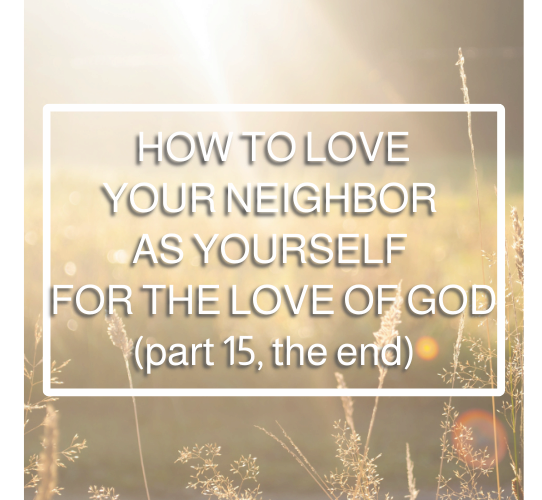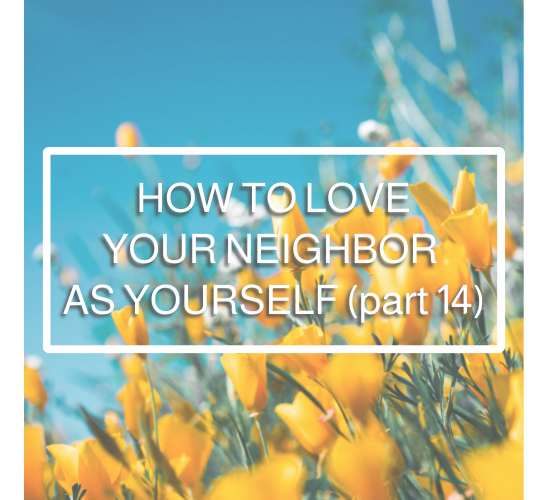A Good Tool
Read time: 3m 30s
What’s your favorite tool? James 4:1-2 is one of mine. It’s very useful.
Part One:
"What causes quarrels and what causes fights among you?"
Wouldn't you love to know the answer to this? All tension, angst, all turmoil, distress, all conflict, frustration, hurt-feelings: all have a common cause.
This is the ultimate Multi-Tool!
Part Two:
"Is it not this, that your passions are at war within you? You desire and do not have, so you murder. You covet and cannot obtain, so you fight and quarrel."
Here is the cause of our distress: that we want something from a source which cannot give it to us.
We desire something from some one, some object, some experience, some achievement, some relationship, that these things are not capable of delivering. Our expectation will never be met.
So we work to bridge the gap our unmet expectations create. Murder, fights, quarrels...and whining, complaining, yelling, cold-silence, “fight or flight.”
We think that when we get their respect, go on that trip, get that raise, we'll be happy. We won't. We'll need more. It's an ever expanding gap. Infinite.
Only an infinite source can satisfy us.
Part Three:
"You do not have, because you do not ask."
Here's the gold in James's claim: that beneath our desire for possessions, security, affirmation, friendship, acclaim, control, is a basic human desire that only God can meet. We have our problems because we ask other things to give us what only God can.
For example.
Let's say that I'm upset with my child. He or she is making poor decisions. (Something every parent can identify with! But to apply it to you, substitute "spouse," or "boss," or "neighbor," or "client.")
Now, part of my distress is genuine sadness for their sake because I love my kid. But when I yell. When I fixate on how to get them to do what I want, and manipulative, and go good-cop-bad-cop in our relationship. When I do these things—fights and quarrels--I'm showing that the real problem is that I'm not getting what I want.
What do I want? For illustration's sake, let's say that I want to look like a good parent. Well, what's wrong with that? But why do I want to appear to be a good parent? Because I want to feel good about myself: I want to feel smart and savvy; I want others to look at me and think, “There's a person who knows how to do things. A good person.” And I believe that I deserve my child's obedience: I've worked hard and I am love-able, reasonable, and good. How do they not see this!?
So here's what James is saying: we will never get the deep affirmation sufficient to quiet our soul, from our kid. Only God can do that. Only God can deliver the truth that, frankly, I'm not an amazing parent, I didn't work that hard, and I'm not that easy to love. But only God can say, That's okay: I love you no matter what you do or have failed to do. And, only God can say, I give you the power you need to love and accept your child without fear, anger, or regret.
Will this "fix" things with your kid? Who knows. God doesn't call us to "fix" people, but to love and serve them.
But first we must see: they can't give us what we long for. Only God can. Look there and there alone.
Every quarrel is a Gospel-circuit being blown. I deserve, desire, demand XYZ from ZYX and haven't gotten it. Nor will I. Dead end. But I can have what I need. And God would like to give it me.
Part Four: Epilogue.
None of us thinks this is true for our conflicts. We all think it's…if they'd just…or if only I could…or next time... And so, stress and distress.
Even after having learned the cause, and the solution, we not only go back to fighting, we even deny that this is true for us.
Friend, it's true. And it's true for you.
James 4:1-2 is therapy-in-a-box. Because it's the Gospel. It's a program built on this: “You have made us for Yourself, O Lord, and our heart is restless until it rests in You.” (Augustine) Or, as Jesus says, “Come to me…and I will give you rest for your souls.” (Mt 11:28)











